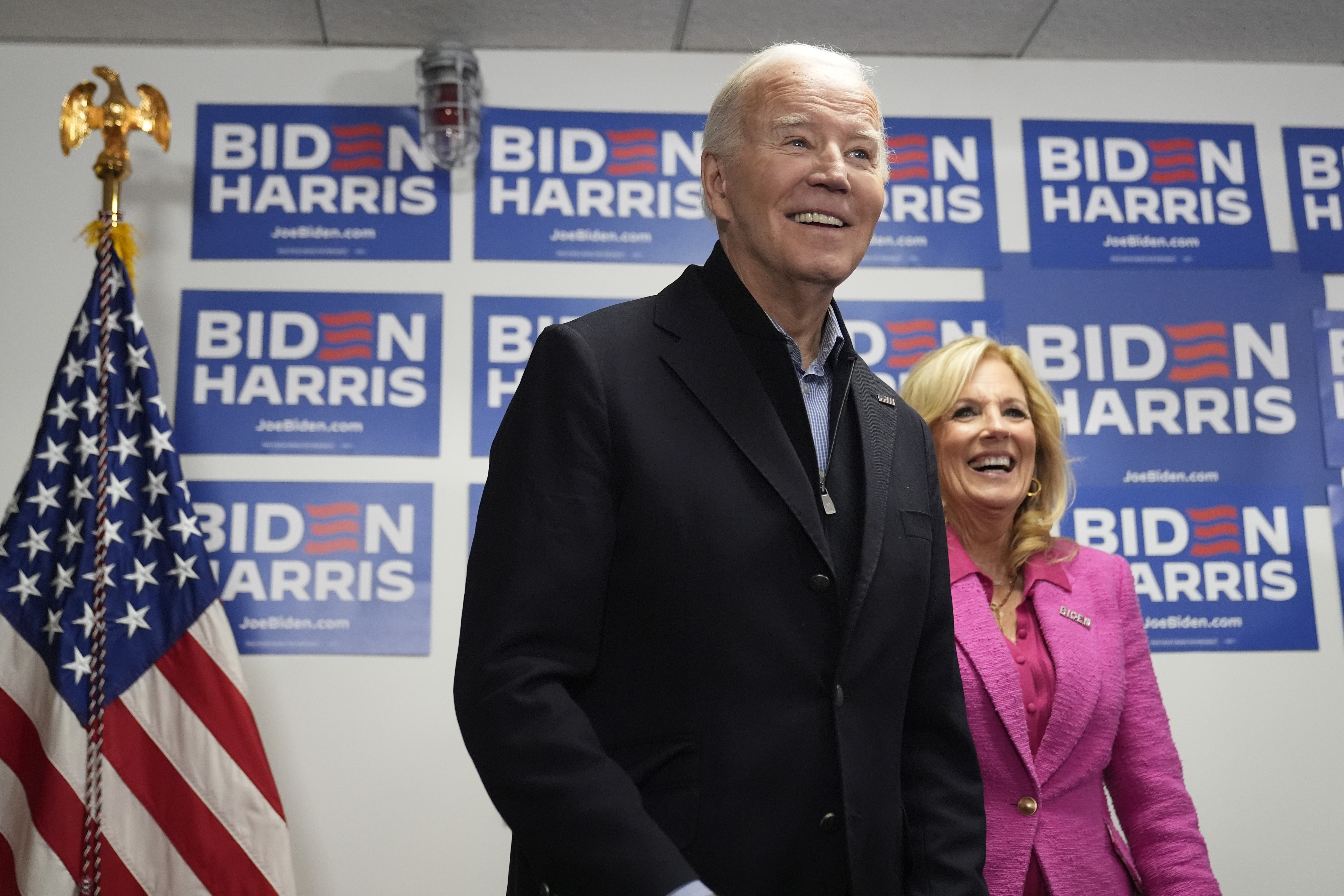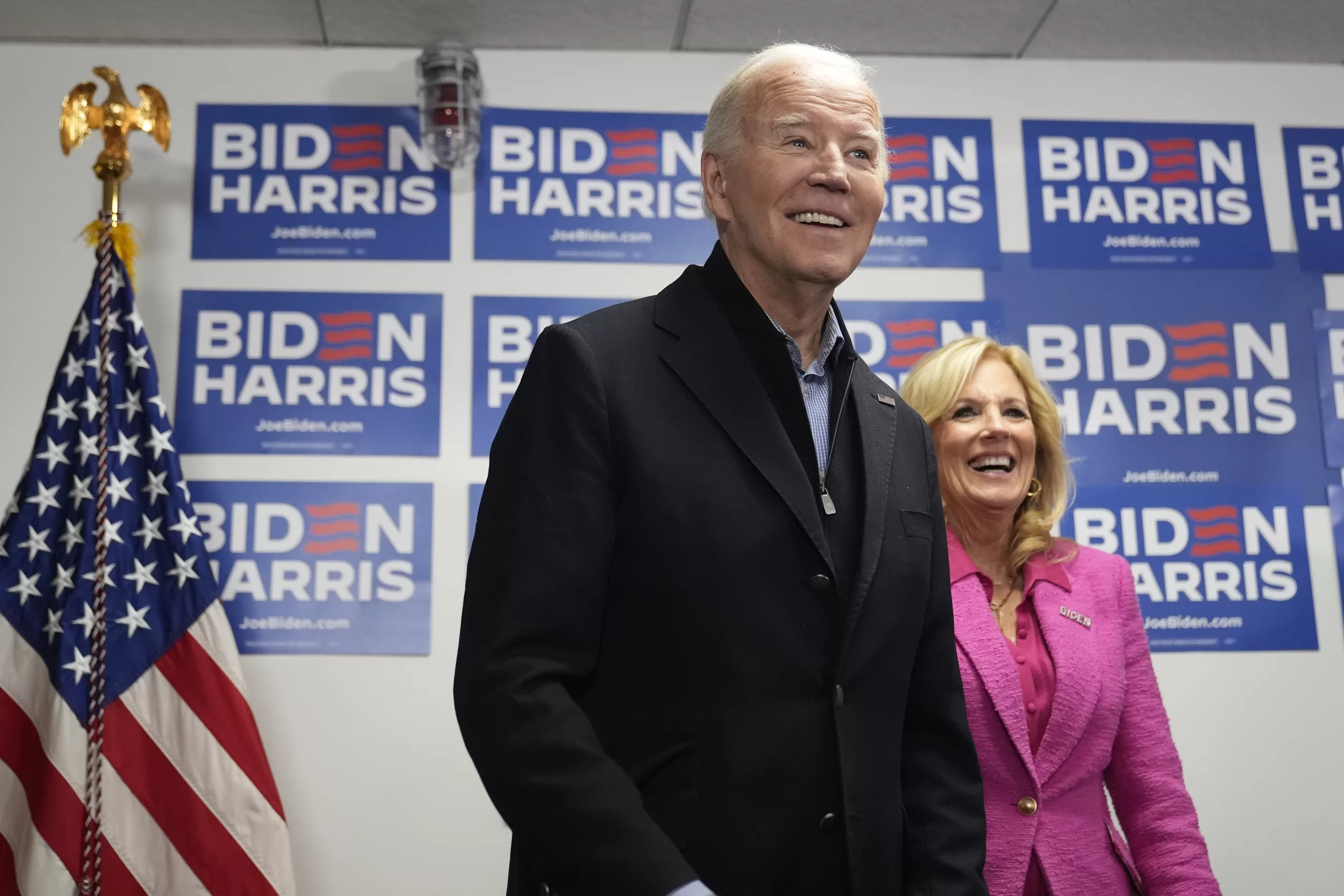
Biden was hoping that South Carolina’s vote would help assuage concerns about Democratic enthusiasm and, more specifically, his standing with Black voters.
Shortly after the race was called, he phoned Rep. Jim Clyburn (D-S.C.) who was speaking to supporters at the South Carolina Democratic Party’s victory night event. Biden, who Clyburn put on speakerphone along with the microphone he was holding, expressed his thanks and asked about turnout.
The specifics of what he said were difficult for the audience to hear. The Biden campaign subsequently released a statement. “In 2020, it was the voters of South Carolina who proved the pundits wrong, breathed new life into our campaign, and set us on the path to winning the Presidency,” it read. “Now in 2024, the people of South Carolina have spoken again and I have no doubt that you have set us on the path to winning the Presidency again — and making Donald Trump a loser — again.”
Even though Biden’s victory was expected, the president’s campaign still sunk significant resources into the state, dispatching Vice President Kamala Harris four times to South Carolina in the last five weeks. The campaign also spent more than $400,000 on advertisements, hoping to amp up turnout.
In the end though, the campaigns seemed to acknowledge that the outcome was preordained. Biden was in Southern California, not South Carolina, on primary night. Phillips, who spent all of $585 on digital ads in the state, was traveling from New York to Washington, D.C., on primary night, according to a campaign spokesperson.
Democrats, backed by Biden, reshuffled the presidential nominating calendar last year, elevating South Carolina to its first-in-the-nation status for the first time and centering Black voters earlier in the primary process. Nonetheless, New Hampshire
held its own unsanctioned Democratic primary last month, when a write-in campaign for Biden won over Philllips and Williamson by a wide margin.
On stage Saturday night, Clyburn called for the Democratic National Committee to “not to hold the state law in New Hampshire against our Democrats,” and seat New Hampshire’s delegates, despite their unsanctioned contest.
